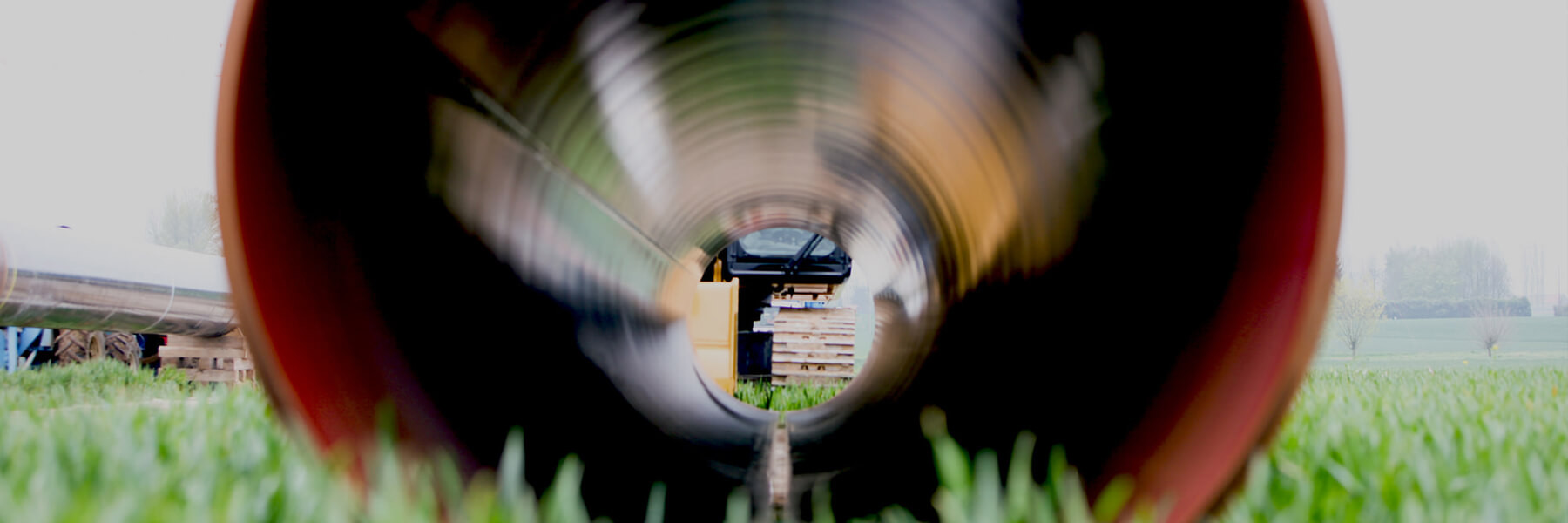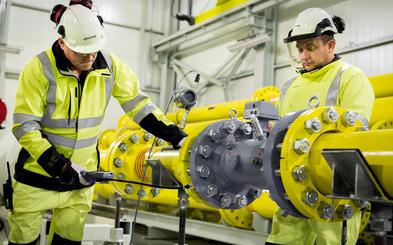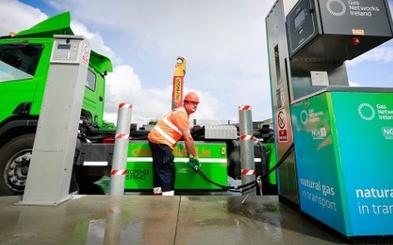INNOVATIVE PROJECTS PLATFORM
To efficiently build on its Members' actions to promote or contribute to innovative technologies, regulation and business models, and partnerships across the value chain, ENTSOG has created the Innovative Projects Platform to map TSOs’ projects and partnerships on Research, Development and Innovation (RDI) activities for the energy transition.
This public platform provides information and links to enable exchange of best practices applied at national level and in some cases, across borders through partnership efforts.
These innovative solutions focus on topics such as repurposing infrastructure for renewable gases and projects for hydrogen, CCS and CO2 transport, biogas, energy system integration. These innovative applications support the achievement of the current EU goals of reducing GHG emissions and reaching the decarbonisation goal of net-zero by 2050.
*Disclaimer: The content published on this page is information owned by TSOs and not by ENTSOG. It is therefore published on behalf of TSOs. Please note terms and conditions of use of the website (including article 7) are fully applicable to this page.
Technology
Discover here how technologies can optimise the usage of the grid, make digital layer connections and support decarbonisation of the EU gas system. Technology R&D has a vital role in the energy transition. ENTSOG Members (TSOs) are developing new and innovative technologies to offer sustainable solutions for the gas sector.
Regulation & Business Model
Stay informed on how ENTSOG Members (TSOs) engage in development of the new energy products and services to foster uptake of renewable and decarbonised gases into the grid.
Partnership
Look at new partnerships and initiatives formed by ENTSOG’s Members (TSOs). They are actively working together as well as with various stakeholders on projects aimed at decarbonisation of the gas sector and of the whole EU economy.
Hydrogen
Hydrogen is a gas under standard conditions and there are also different hydrogen derivatives, such as ammonia and synthetic electrofuel. sHydrogen can be produced from diverse process technologies, such as electrolysis and steam-methane reforming (with or without carbon capture and permanent storage of this carbon to reduce emissions).
Repurposing for Renewable Gases
Repurposing of pipelines for renewable gases transport (e.g. hydrogen) is a cost effective way to meet decarbonisation goals and can be undertaken without compromising the ability of the natural gas network to ensure security of supply.
Biogas
Biogas is obtained via the anaerobic decomposition of the organic matter. After the process of upgrading, biogas becomes biomethane with the same quality standard as natural gas and can be transported via the existing grid infrastructure.
CCS and CO2 Transport
Carbon Capture and storage is the process of capturing CO2 from a set of possible sources, such as for example fossil fuel power plants, transporting it to a storage site, and depositing it underground on a permanent basis. The aim is to prevent the release of CO2 into the atmosphere.
Energy System Integration
Integrated infrastructure planning for electricity and gases is essential to support the decarbonisation of the energy system sector, particularly for facilitating the transport of renewable gases like hydrogen.
CNG
Compressed Natural Gas (CNG) is a fuel source that is made from compressing natural gas to less than 1% of its standard atmospheric volume. CNG combustion produces fewer climate-impacting gases than other fossil fuels.
Digitalisation
Digitalisation can bring various benefits to day-to-day operations such as enhanced control over the gas quality and cost reductions. TSOs look at data-driven solutions to boost performance, efficiency and competitiveness.
Heating & Cooling
Cutting the energy consumption in heating and cooling in buildings and industry can be achieved through various technologies. TSOs are working on developing cost-efficient solutions for the decarbonisation of this sector.
Certification of green gases
To ensure the cross-border scale up and tradability of renewable, decarbonised and low-carbon gases. This can be achieved via pan European Guarantees of Origin and Certification Schemes.
Gas Networks Ireland
Feasibility study of CCS in Ireland
Ervia and Gas Networks Ireland are investigating the potential for a large-scale CCS project in Ireland to capture the CO2 from a number of gas-fired CCGT power plants so that they provide low-carbon electricity. Initial findings suggest that CCS may be technically and economically viable for Ireland and over the next few years Ervia will progress feasibility studies into the technology for Ireland.
Contact: CORKCCS@gasnetworks.ie
Gaz-System
Gas Meter Calibration Laboratory (LWG)
The first accredited laboratory in Poland and in this part of Europe to calibrate gas meters with natural gas under operating pressure. The calibration facility is an innovative solution on a world scale offering a possibility to operate both close and open loop, which allows higher pressure drops on the tested gas meters. The LWG has been launched within the scope of GAZ-SYSTEM’s research and development projects with a primarily goal to increase reliability of energy measurement by increasing measurement accuracy of the gas meters within GAZ-SYSTEM as well as on the national and regional level. Apart from calibrations, LWG offers research and development activities in cooperation with outer institutions, producers and universities.
Contact: lwg@gaz-system.pl
Gas Networks Ireland
GNI and Clean Ireland Recycling open nation’s first CNG re-fuelling station
Alternative transport fuel will see Clean Ireland Recycling in Ireland become the first waste management company to operate CNG fuelled trucks.
Contact: Dan.Fitzpatrick@gasnetworks.ie
Gasunie
The Dutch Green Gas Foundation
The foundation brings together various parties, including Gasunie, with the aim of increasing the share of green gas in the Netherlands.
Contact :









